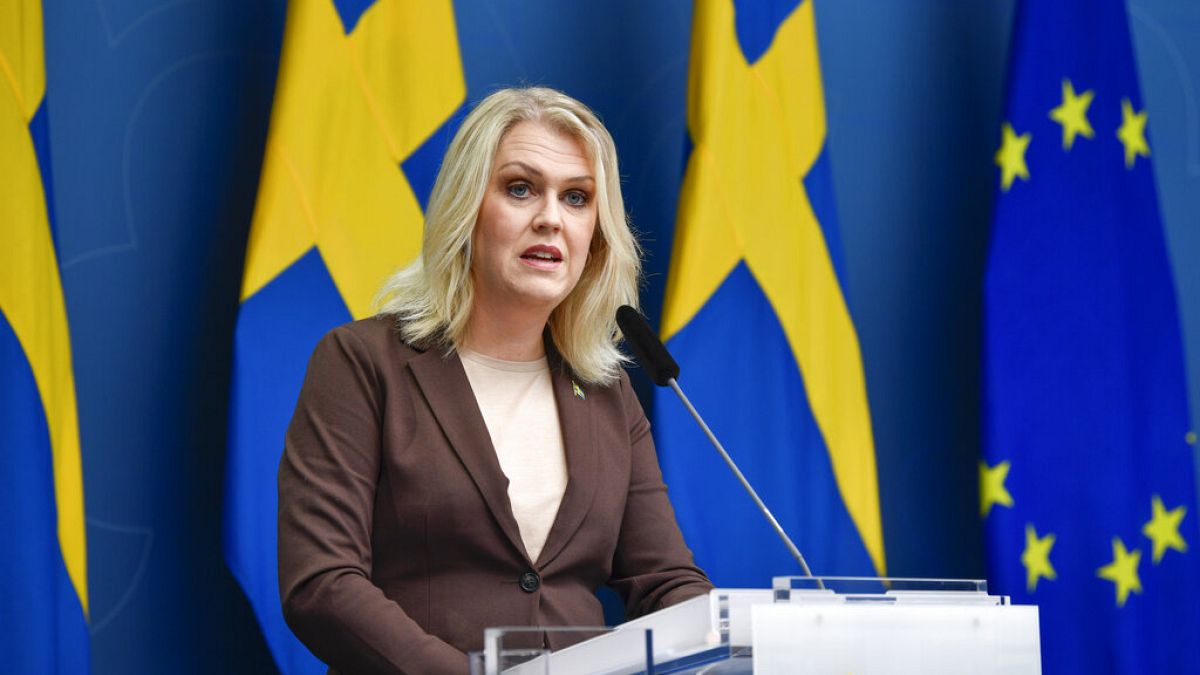In November the EU began its first steps towards building a health union among member countries.
The EU's work on COVID-19 vaccines shows how a future health union could add value for member states, Sweden's health minister has told Euronews.
In November, Ursula von der Leyen said the European Commission (EC) was taking its first steps towards building such a union.
EC chief von der Leyen said the coronavirus pandemic had highlighted the need for greater cooperation on health between member countries.
“Healthcare is a very important national competence, for me, for the Swedish minister for Social Affairs, it is very important to say that healthcare is fundamental for our welfare system, but of course we need to co-operate to ensure we have this added value from the European Union," Lena Hallengren told Euronews. "I think the question of how we are dealing with the vaccine is one very good example.”
Her comments come after Brussels signed a number of contracts to secure COVID-19 vaccines for EU countries.
On Tuesday, Hallengren spoke at a webinar on a European health union, which was hosted by the Socialists & Democrats (S&D) European Parliament grouping. Also taking part was her Spanish counterpart, Salvador Illa.
"It [an EU health union] means better coordination among European member states to fight future pandemics, it means more investment in health systems across Europe and it means better preparation to face the next health pandemics, the next health issues in the future and it means to tackle one of the core issues of the welfare state, a blueprint for the European Union,” he told Euronews.
There are concerns, however, that the pandemic has exacerbated already existing problems with access to healthcare across the continent.
Spanish MEP Iratxe García MEP, leader of the S&D group, was keen to underline this point at the webinar.
“We can already go a long [way] with the current powers that we have, but it is fundamental that all citizens in the union have the same rights to high-quality health care at an affordable price. We have seen that this is not always the case,” García said.
“And often, the more vulnerable have more problems accessing medicine or certain treatments, we have those with the least economic resources on the one hand and the elderly on the other, which are the two groups who have suffered the most from the pandemic,” she added.
